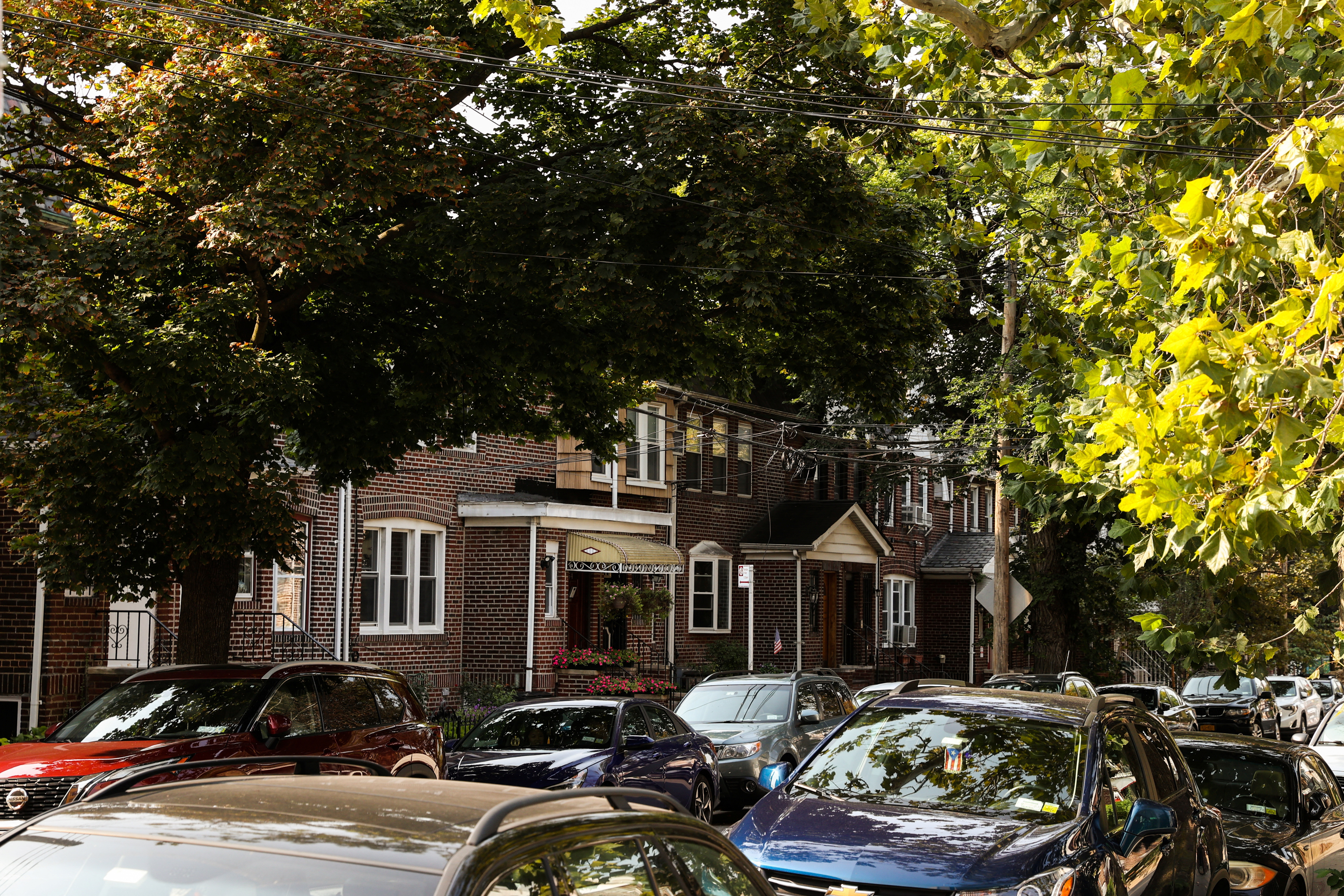
New York City’s Mayor Eric Adams on Thursday unveiled a plan to boost its housing supply by 500,000 dwellings over the next decade by easing regulations for home builders and cutting construction time in half.
The goal is to combat declining affordability of housing in the city, the nation’s largest with nearly 8.5 million residents and ranking among its costliest rental and real estate markets.
With the plan, Adams pledged to more than double the number of homes developed in the city in the past 10 years. New York’s housing stock grew by 200,000 in those years, while the city’s residential population increased by 800,000, he said in announcing the plan.
“We have more people than homes. This shortage gives landlords the power to charge any price they want and leaves too many New Yorkers with no place to go,” said Adams, a former New York City police captain who took office last January. “That needs to change.”
Adams, who has focused much of his first year in office on the issues of rising crime and homelessness, called for more than 100 changes to government policies that he blamed for slowing down house construction. The changes include reforms to the environmental quality review, zoning approval and building permit processes.
The mayor also proposed legalizing existing basement apartment units, converting unused office buildings into housing and exempting small housing projects from often lengthy environmental reviews.
The plan also seeks to authorize the city to finance and preserve more affordable housing units.
“If we do not deal with this housing crisis, New York will no longer be a city for working people, for families, for immigrants or for elders,” Adams said.
Median rental prices in New York’s Manhattan borough topped $4,000 a month in November, a nearly 20% increase from a year ago, according to a monthly report by Douglas Elliman and Miller Samuel. They were above $3,000 a month in Brooklyn and Queens.

